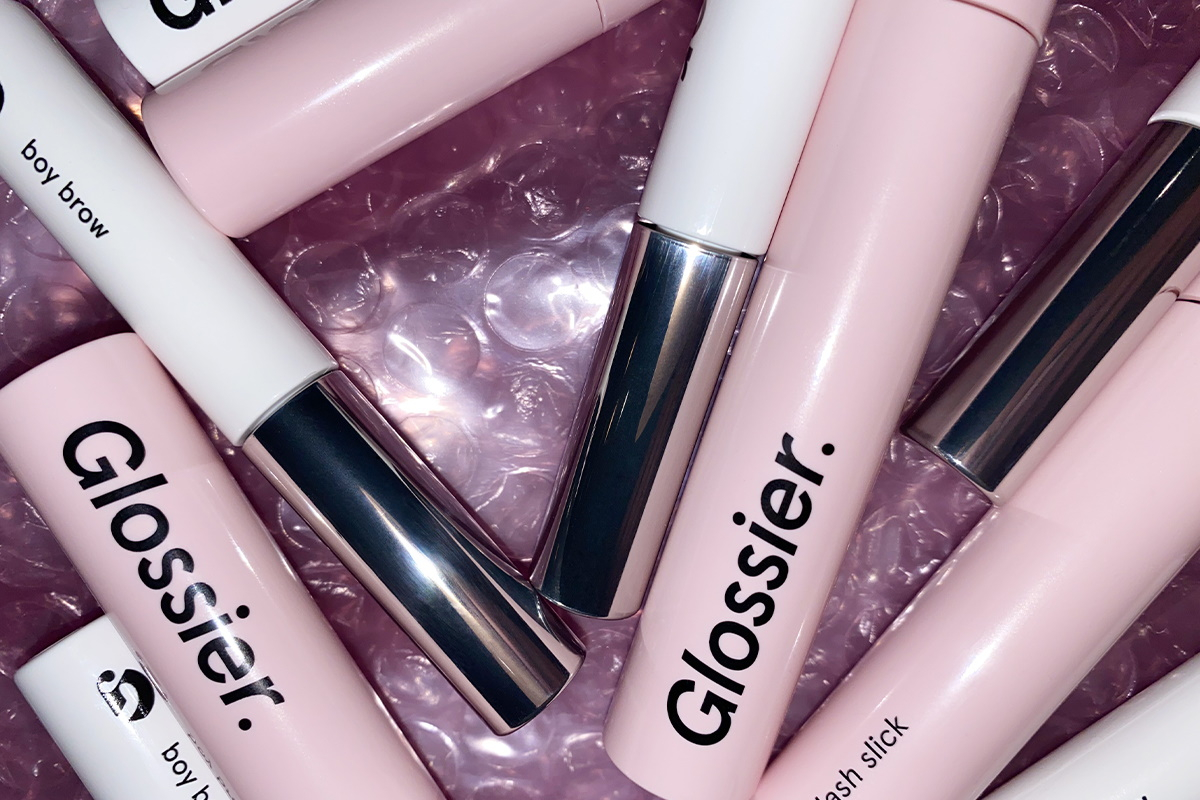
Taking care of your skin involves establishing a good skincare routine and consistency is crucial. It may take time to see significant improvements, so be patient and stick to your routine. Adjust your skincare regimen based on your skin's changing needs and environmental factors. Here are 12 fundamental skincare basics to help improve your skin:
- Cleansing: Use a gentle cleanser suitable for your skin type (dry, oily, combination). Cleanse your face twice a day, in the morning and before bedtime, to remove impurities, makeup, and excess oil.
- Moisturizing: Apply a moisturizer that suits your skin type to keep your skin hydrated. Moisturizing helps maintain the skin's natural barrier and prevents dryness.
- Sun Protection: Use a broad-spectrum sunscreen with at least SPF 30, even on cloudy days. Sunscreen helps protect your skin from harmful UV rays and prevents premature aging.
- Exfoliation: Exfoliate 1-3 times a week to remove dead skin cells and promote cell turnover. Use a gentle exfoliator appropriate for your skin type to avoid irritation.
- Eye Cream: Apply an eye cream to address concerns like dark circles, puffiness, or fine lines. Use a product designed for the delicate skin around the eyes.
- Healthy Diet: Consume a balanced diet rich in vitamins, minerals, and antioxidants. Foods with omega-3 fatty acids, like fish and flaxseed, can contribute to skin health.
- Hydration: Drink an adequate amount of water to keep your skin hydrated from the inside. Hydration is essential for maintaining skin elasticity and promoting a healthy complexion.
- Sleep: Aim for 7-9 hours of quality sleep each night. Proper sleep helps the skin regenerate and repair itself.
- Avoid Smoking and Limit Alcohol: Smoking can accelerate the aging process and contribute to wrinkles. Excessive alcohol consumption can dehydrate the skin; moderation is key.
- Stress Management: Practice stress-reducing techniques like meditation, yoga, or deep breathing. Chronic stress can negatively impact your skin's appearance.
- Avoid Harsh Products: Choose skincare products without harsh chemicals or excessive fragrances. Test new products on a small patch of skin to check for sensitivity.
- Consult a Dermatologist: If you have specific skin concerns or conditions, consult with a dermatologist for personalized advice and treatment options.






